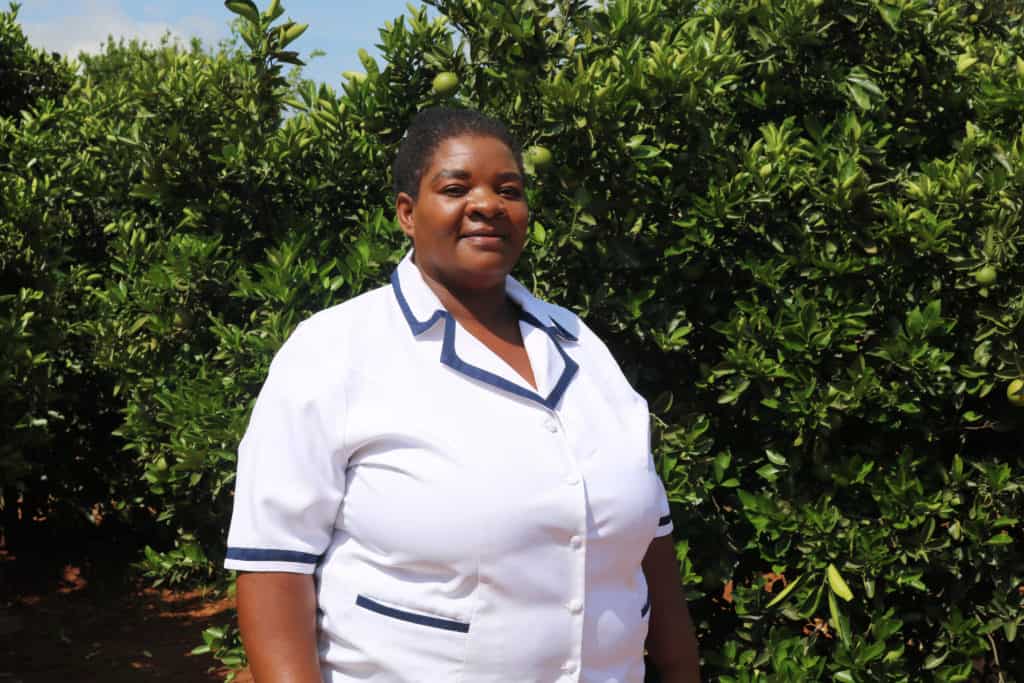Getting Tested for Cervical Cancer in Malawi



Malawi has the highest cervical cancer incidence and mortality rate in the world, BMC Public Health reported in 2015. This means more women get cervical cancer in Malawi than anywhere else in the world. And more women in Malawi die from it, too. One of the main challenges in Malawi is late diagnosis. Late diagnosis is often caused by lack of information about testing. As a trusted healthcare provider in rural Malawi, Orant is here to answer all the questions you might have.
Cancer happens when cells begin to grow out of control. Cervical cancer starts in the lower part of the womb that connects to the birth canal. It is most common in women 30 years of age and older. If found early, it’s highly treatable. In its early stages, cervical cancer doesn’t have many symptoms. This is why screening is so important. If not treated, the cancer can spread out of the cervix and affect other tissues and organs.
All women who are sexually active. At Orant, we screen HIV positive people every year; HIV negative people every three years.
Orant’s Kasese Health Center provides screenings every Friday. Like many healthcare providers in Malawi, Orant uses VIA screening. VIA stands for Visual Inspection with Acetic Acid. The process is simple and painless. Orant nurse Mary Kadzola is carefully trained to identify VIA results. The patient’s cervix is swabbed with 3% to 5% acetic acid solution, which is essentially just table vinegar. To ensure the patient’s comfortability, Mary explains each step of the process. The screening takes place in a completely private room.
Testing at Orant’s Health Clinic is free. Testing is also free at all government hospitals and clinics. Private hospitals and clinics charge anywhere from 500 MWK to 2000 MWK.
Orant treats cervical cancer with thermal coagulation. This treatment uses a small device to destroy lesions with heat.
We also refer anyone with lesions on their cervix to Kamuzu Central Hospital. We give these patients money for transportation, biopsy, monitoring, and assessment for up to 3 years. At the hospital, they receive further screening and biopsy.
Get tested. Tell your friends, mothers, and sisters to get tested. Take care of yourself and each other. Cervical cancer is treatable.
Read about patient Glyceria Selemani’s strength and self-compassion here.
| Cookie | Duration | Description |
|---|---|---|
| cookielawinfo-checkbox-analytics | 11 months | This cookie is set by GDPR Cookie Consent plugin. The cookie is used to store the user consent for the cookies in the category "Analytics". |
| cookielawinfo-checkbox-functional | 11 months | The cookie is set by GDPR cookie consent to record the user consent for the cookies in the category "Functional". |
| cookielawinfo-checkbox-necessary | 11 months | This cookie is set by GDPR Cookie Consent plugin. The cookies is used to store the user consent for the cookies in the category "Necessary". |
| cookielawinfo-checkbox-others | 11 months | This cookie is set by GDPR Cookie Consent plugin. The cookie is used to store the user consent for the cookies in the category "Other. |
| cookielawinfo-checkbox-performance | 11 months | This cookie is set by GDPR Cookie Consent plugin. The cookie is used to store the user consent for the cookies in the category "Performance". |
| viewed_cookie_policy | 11 months | The cookie is set by the GDPR Cookie Consent plugin and is used to store whether or not user has consented to the use of cookies. It does not store any personal data. |